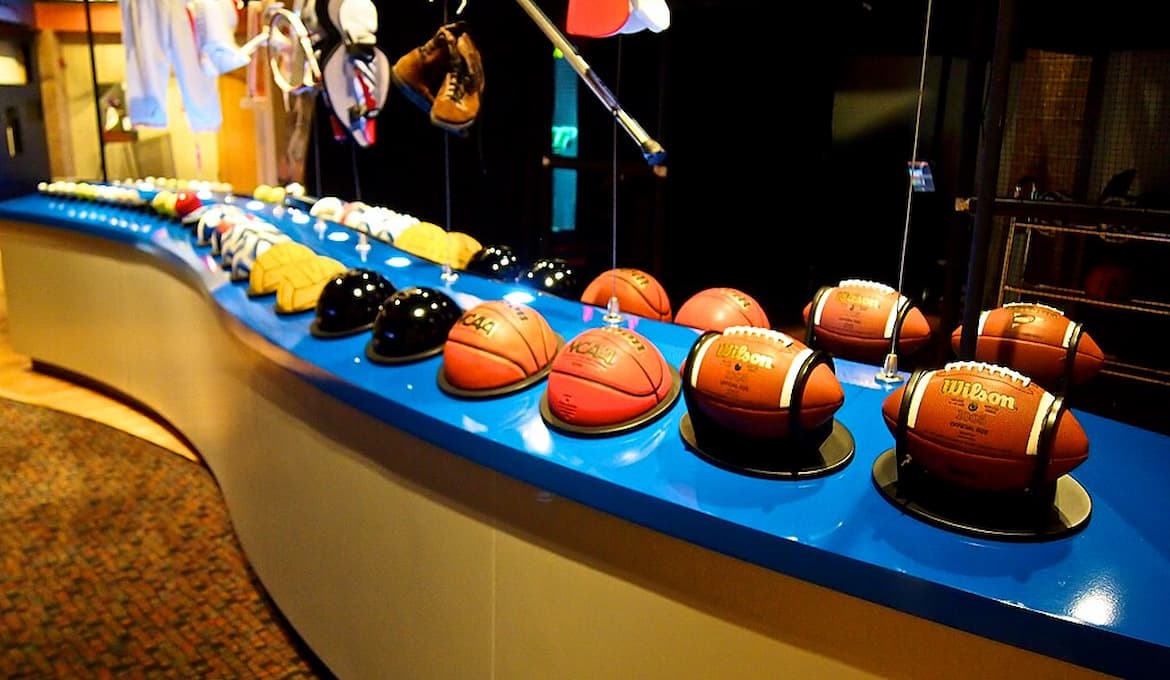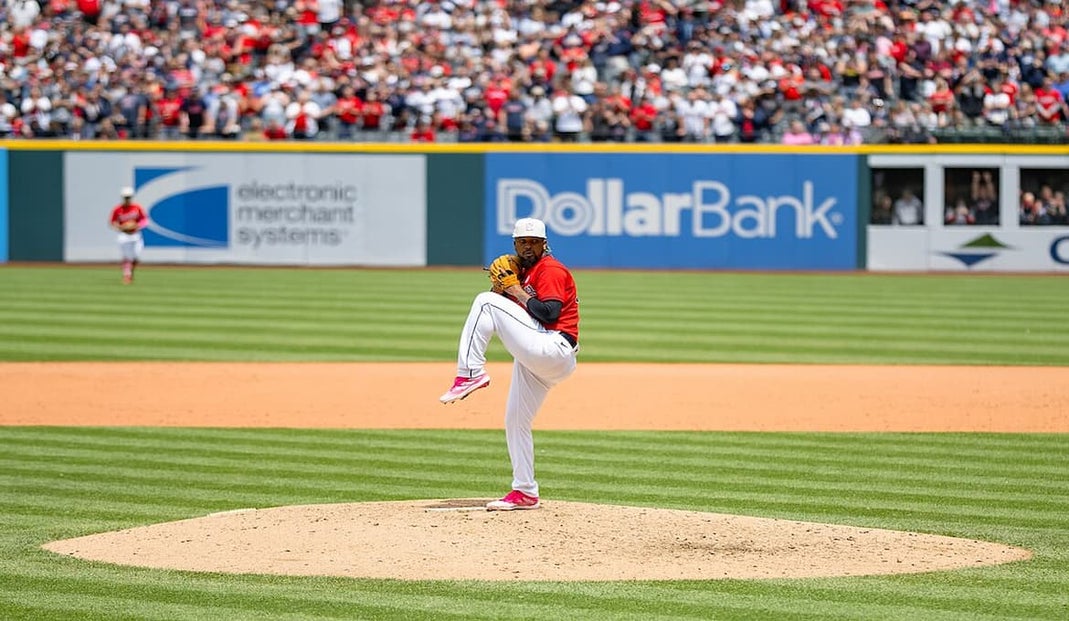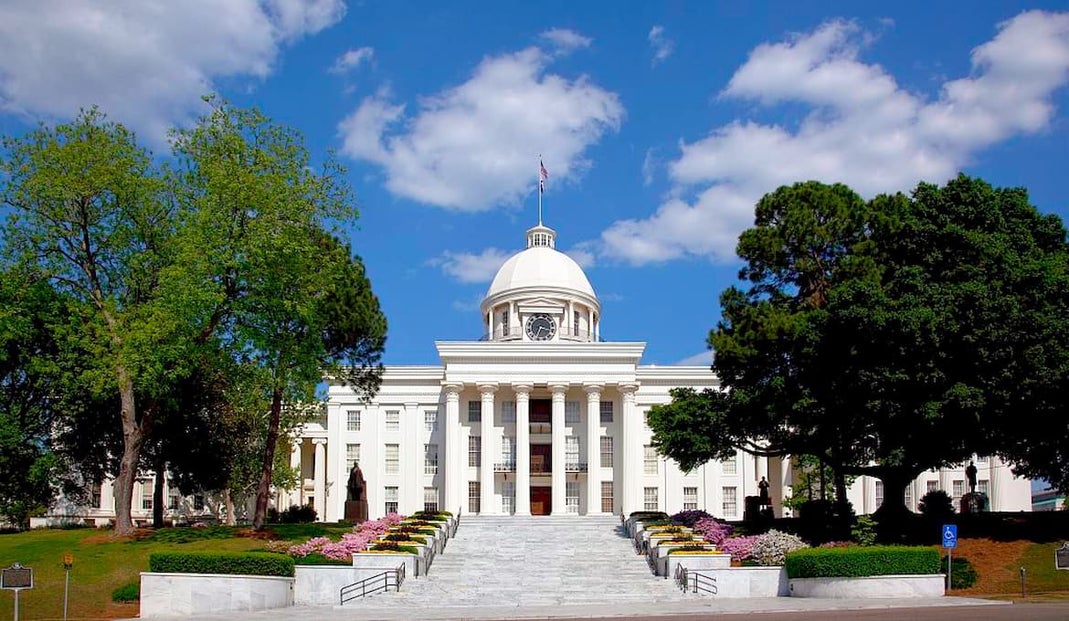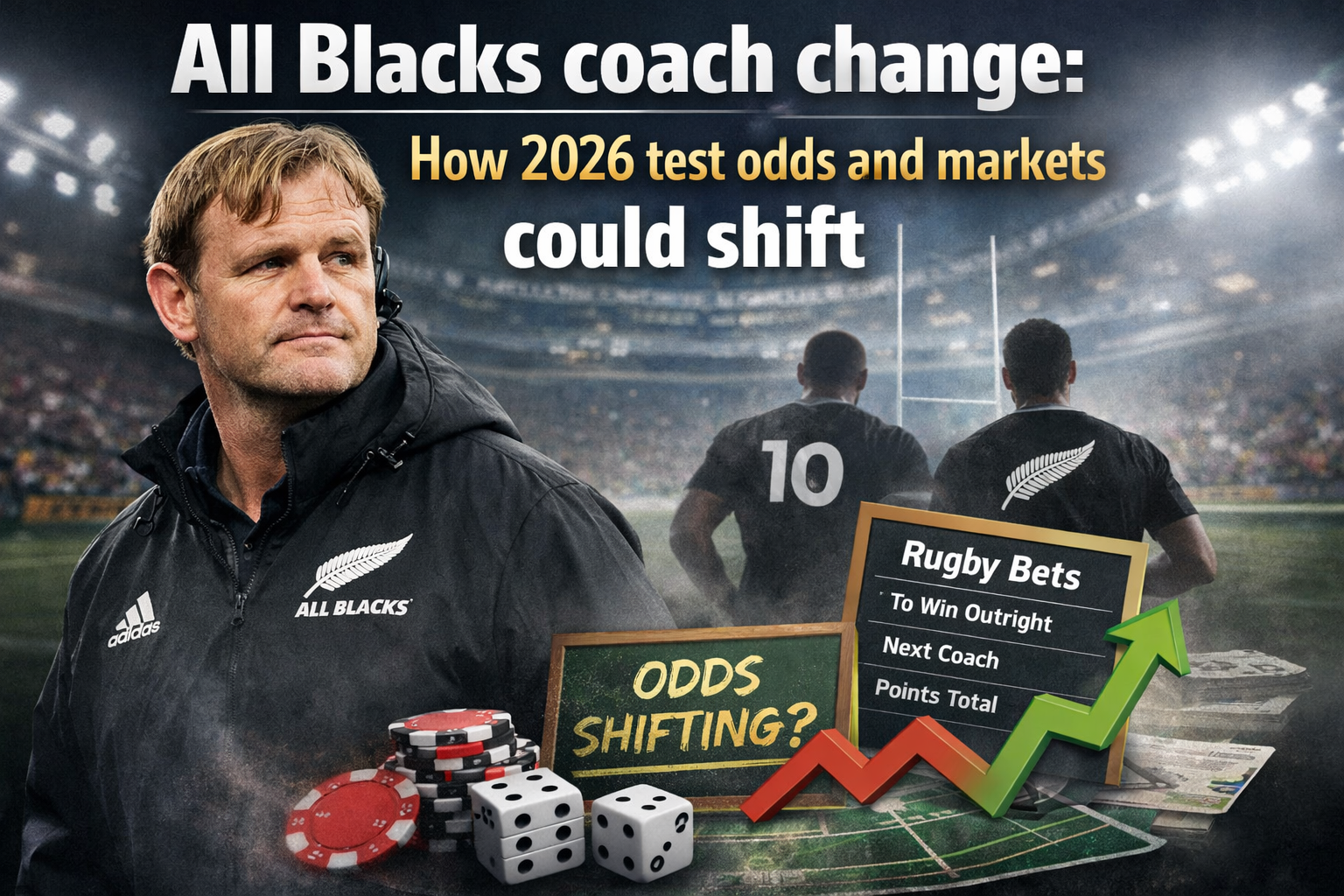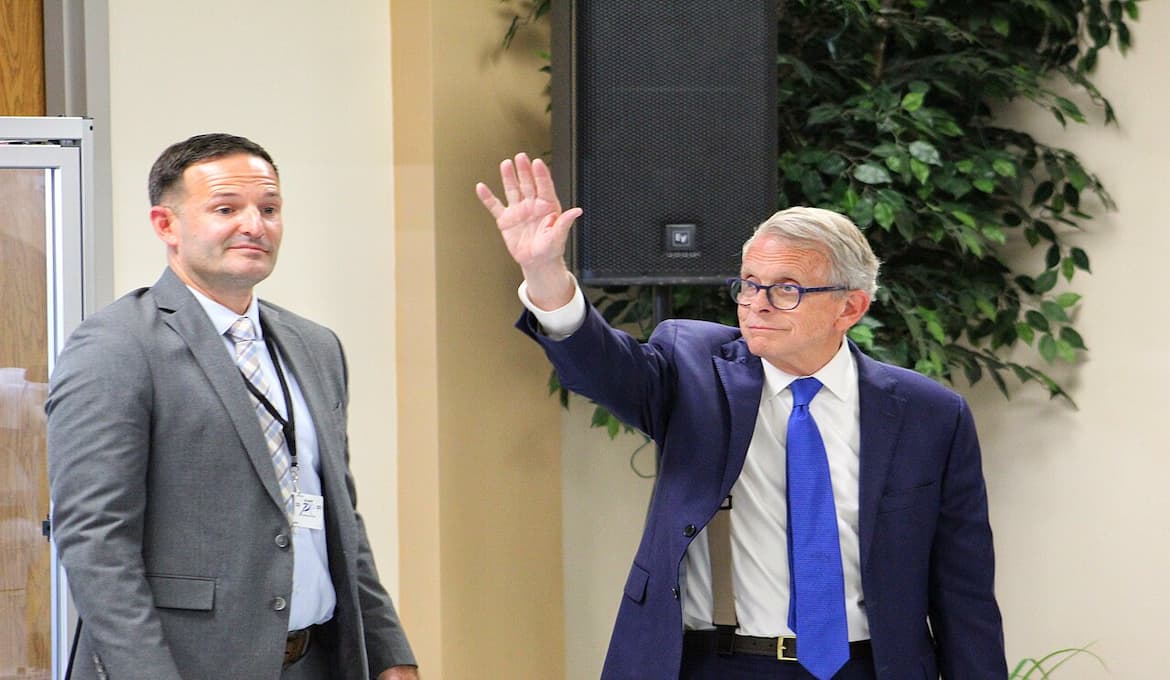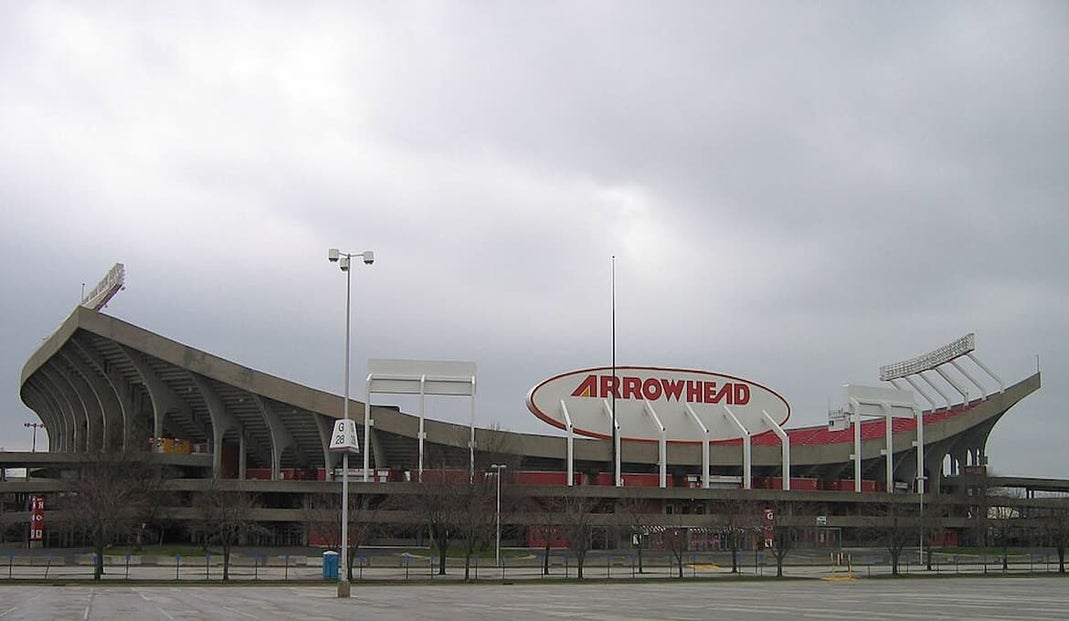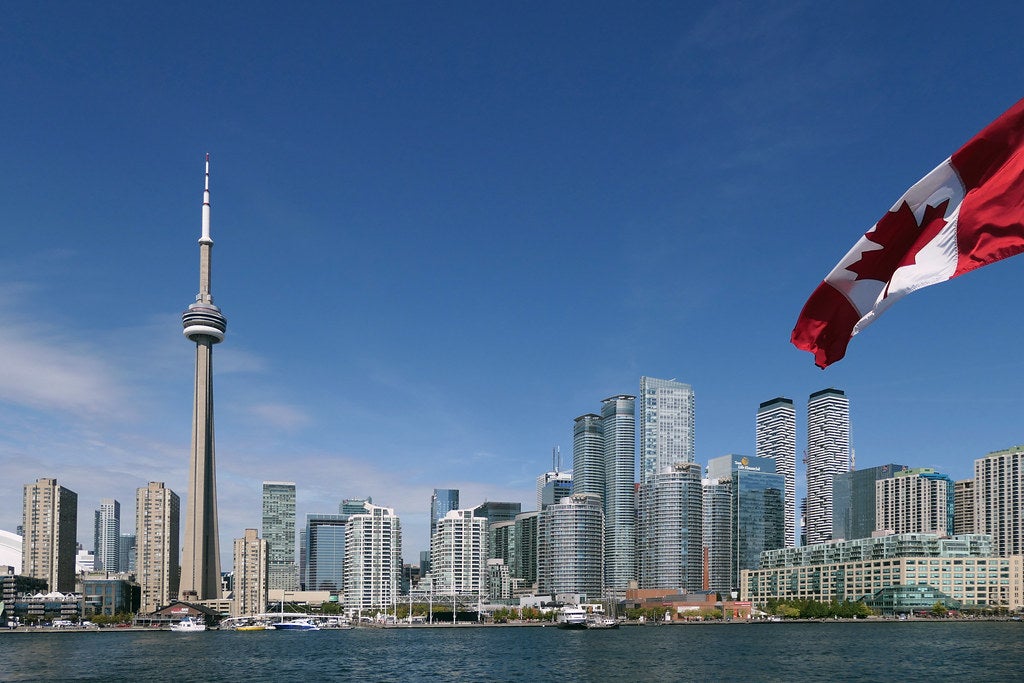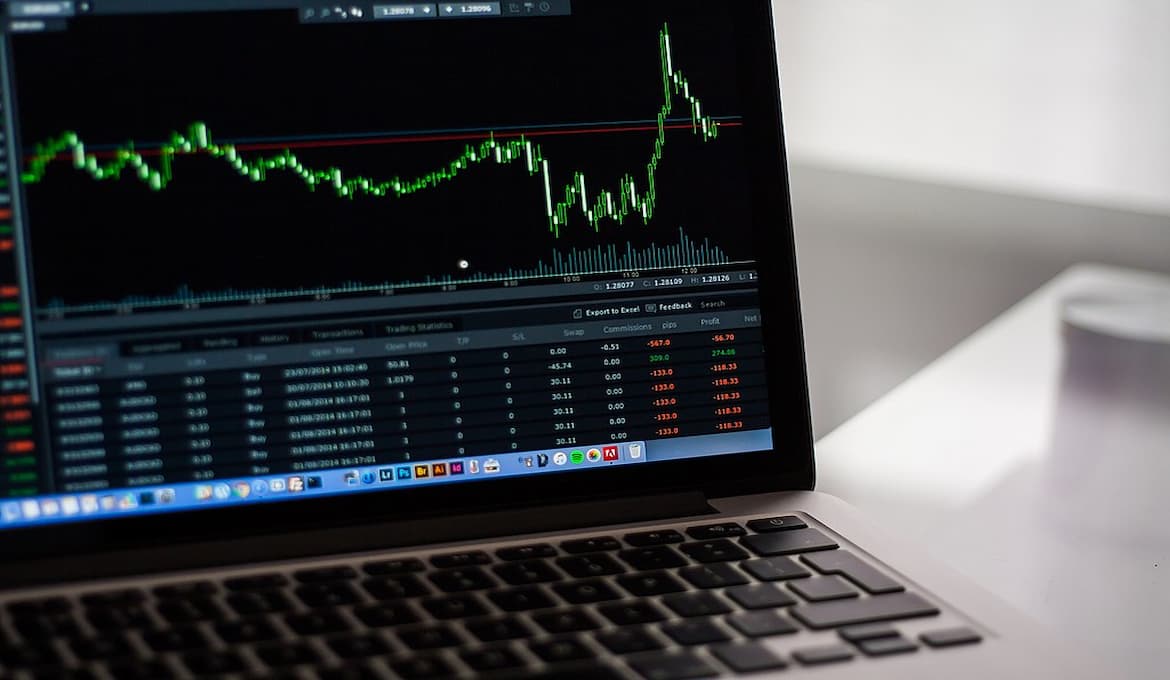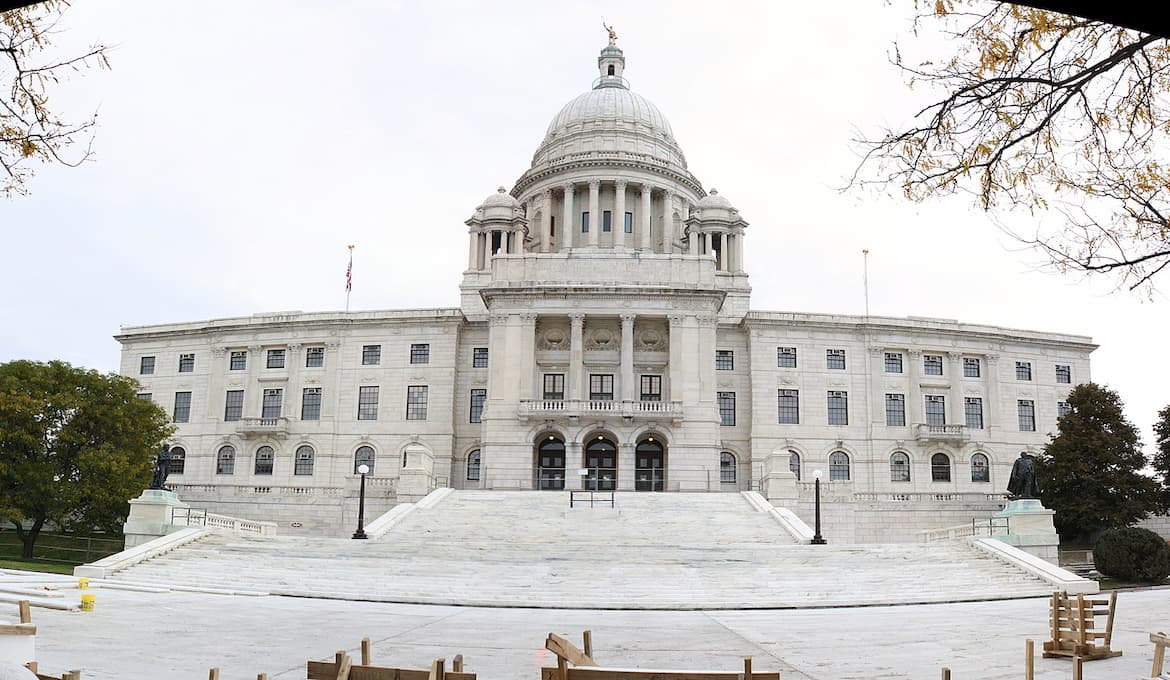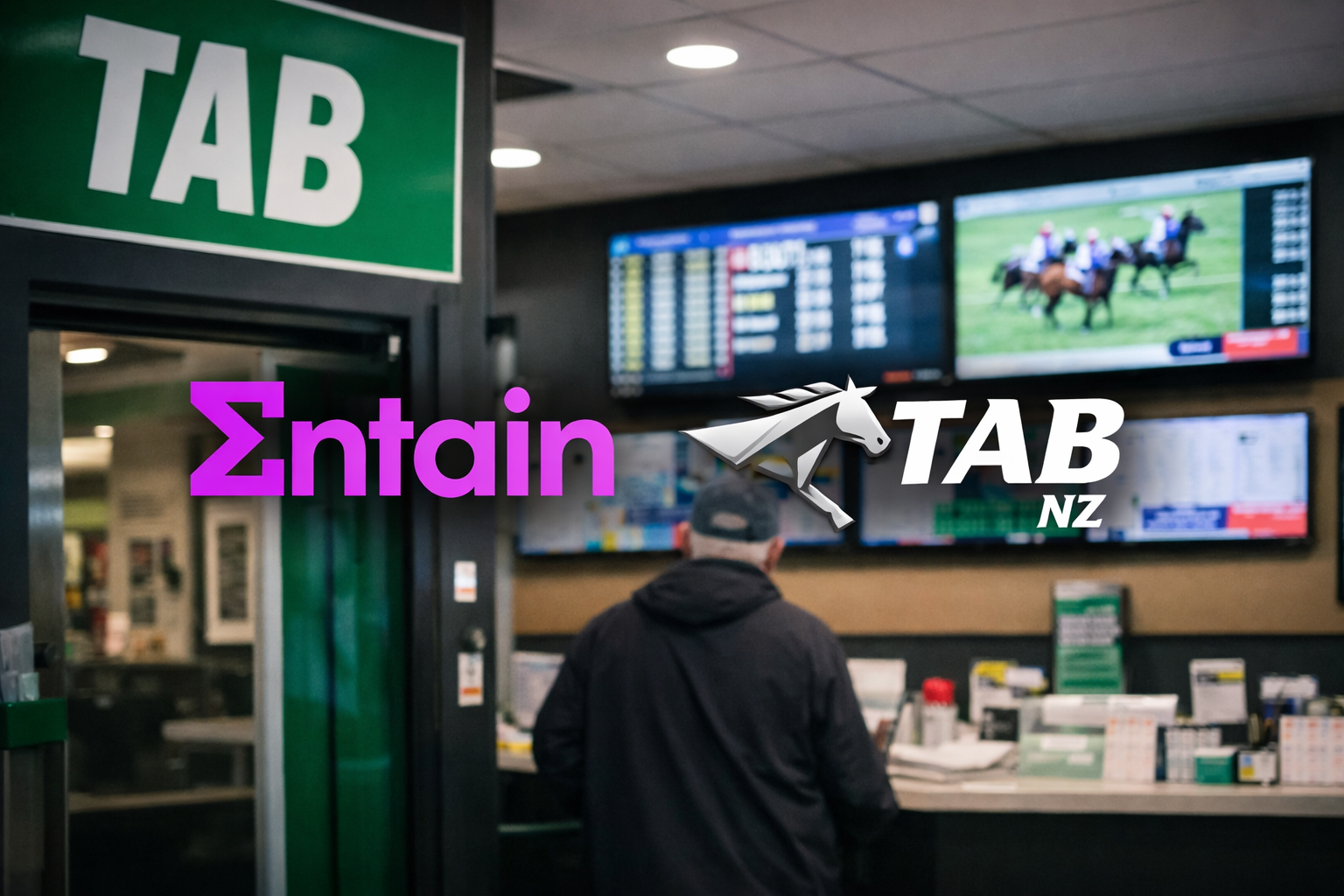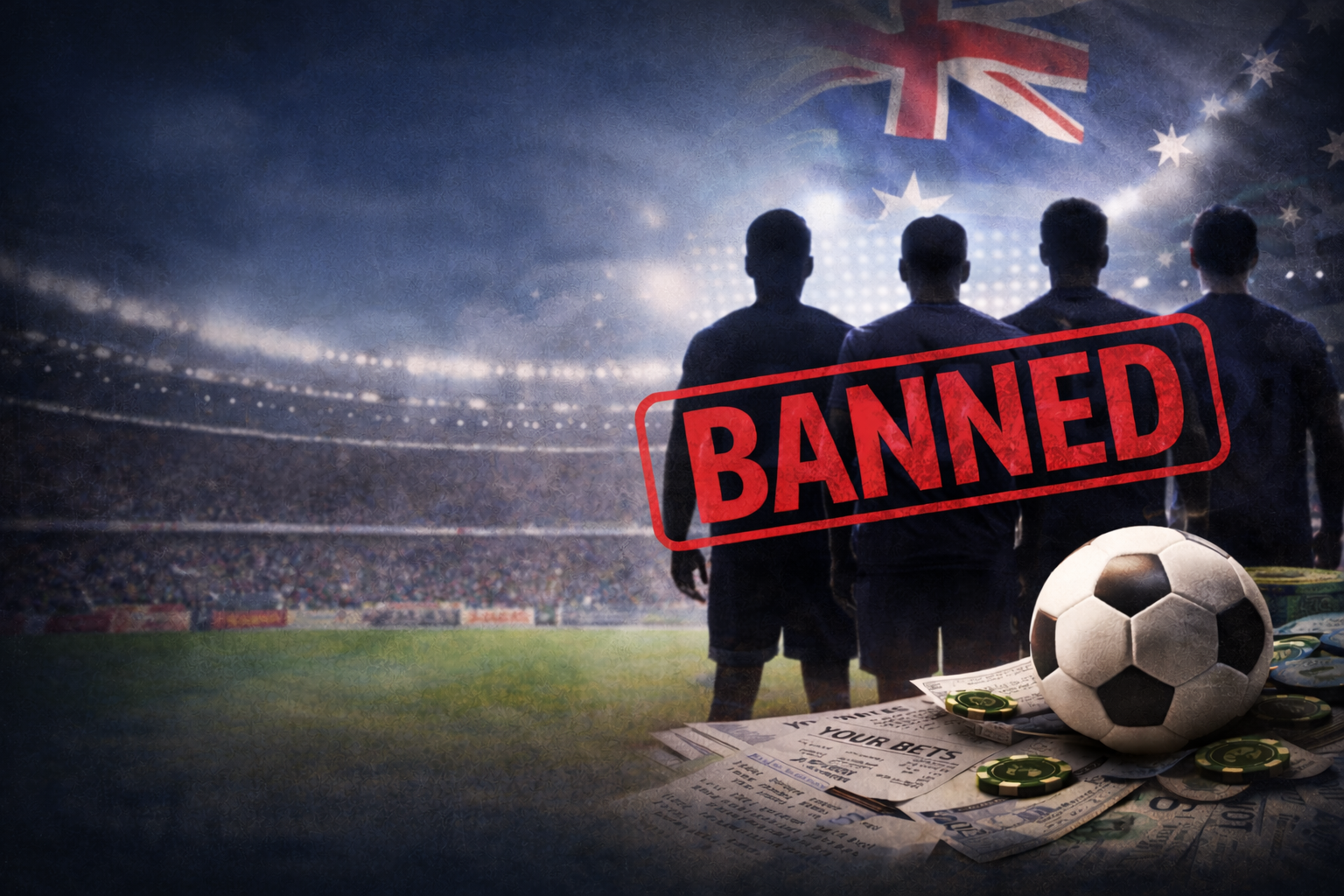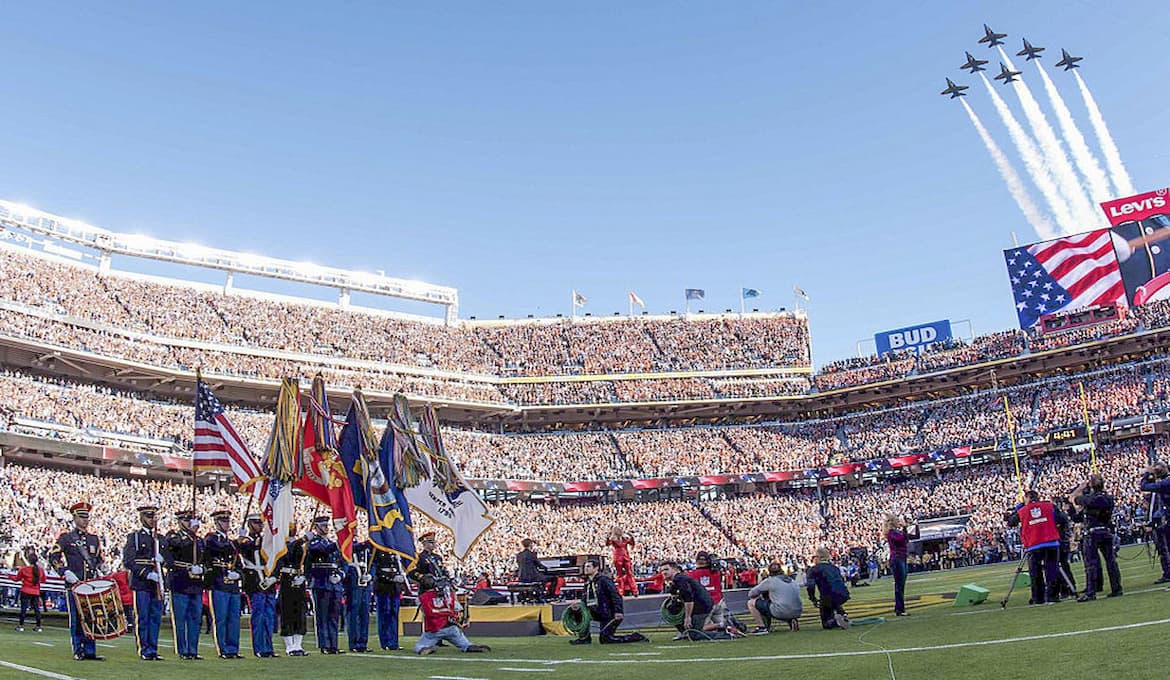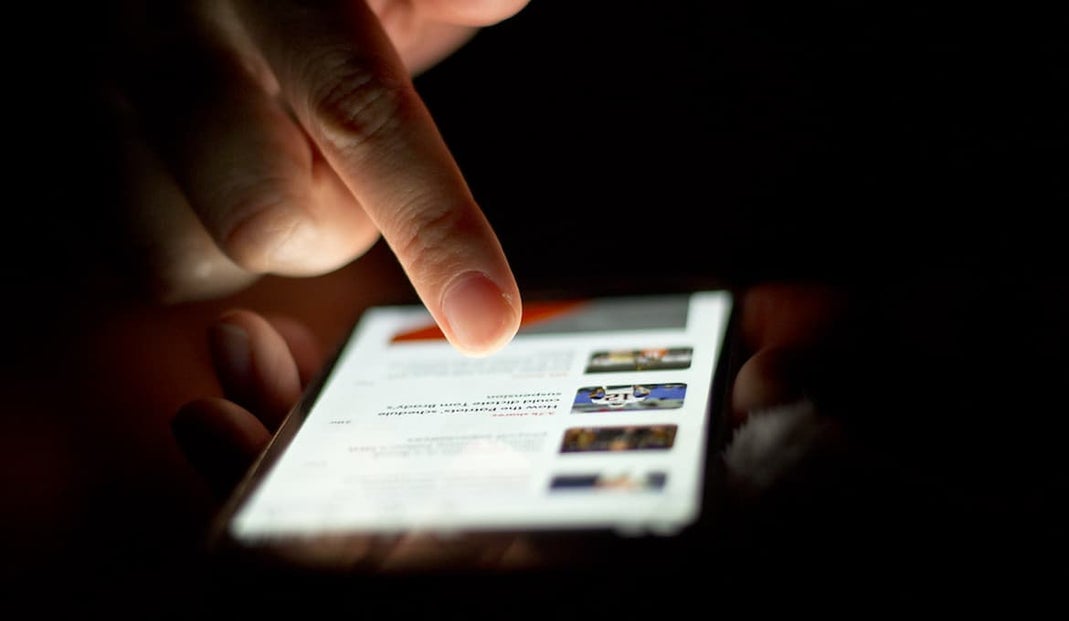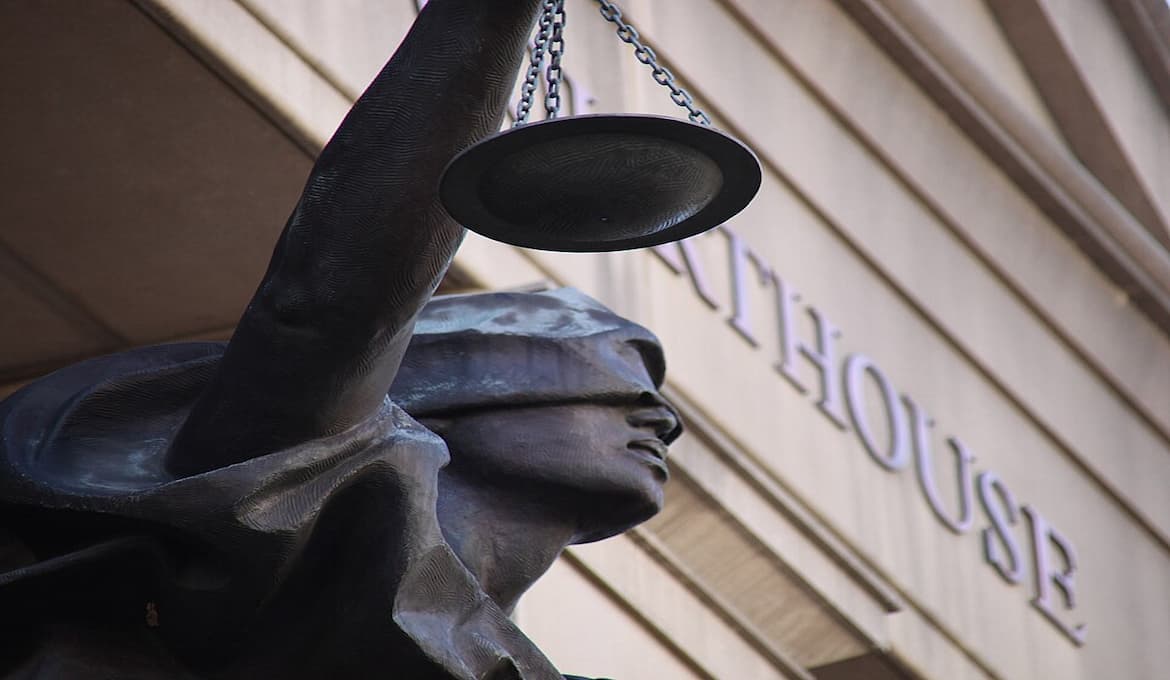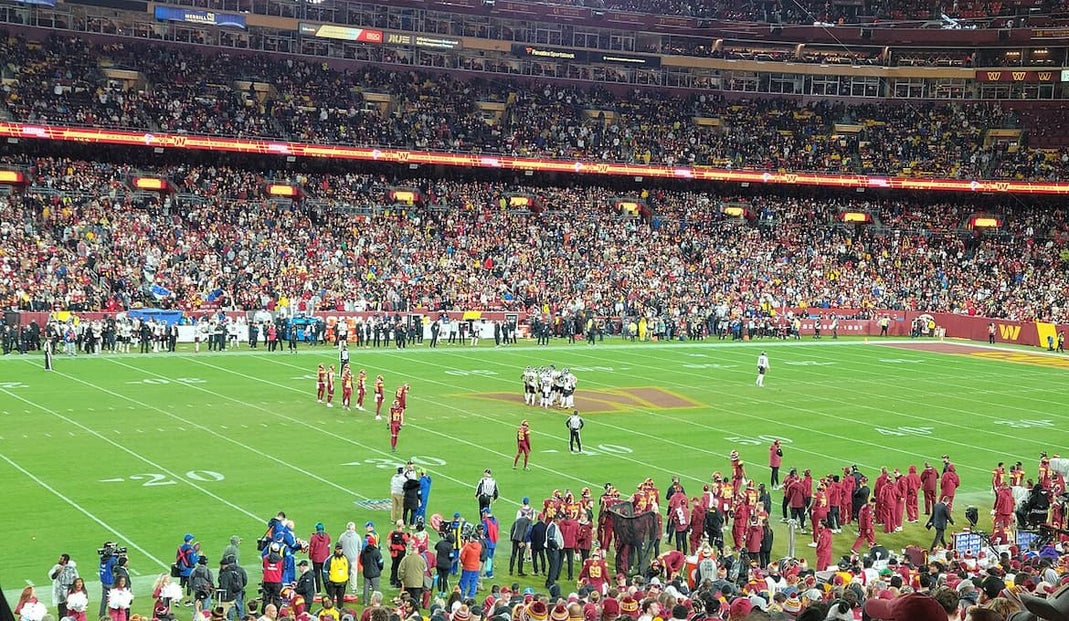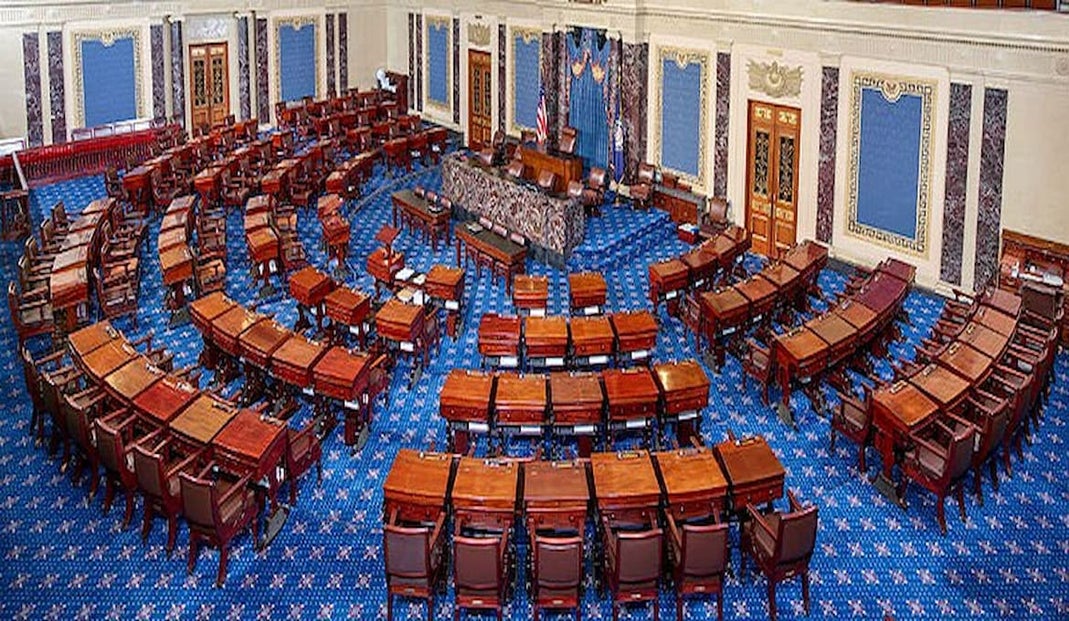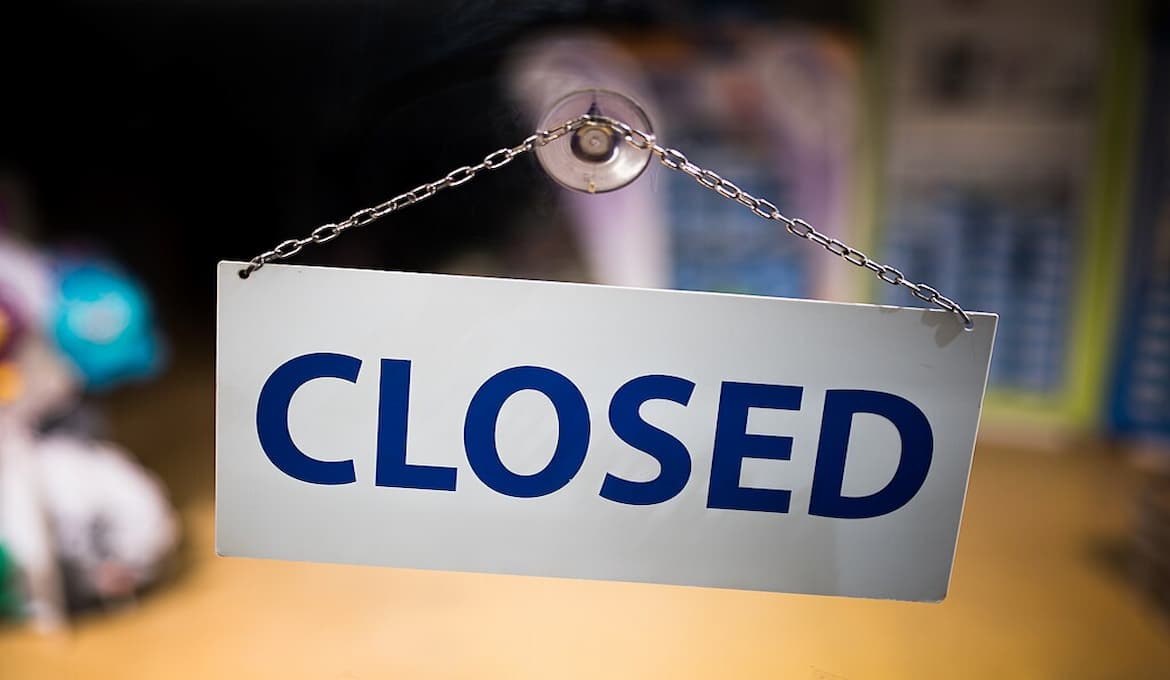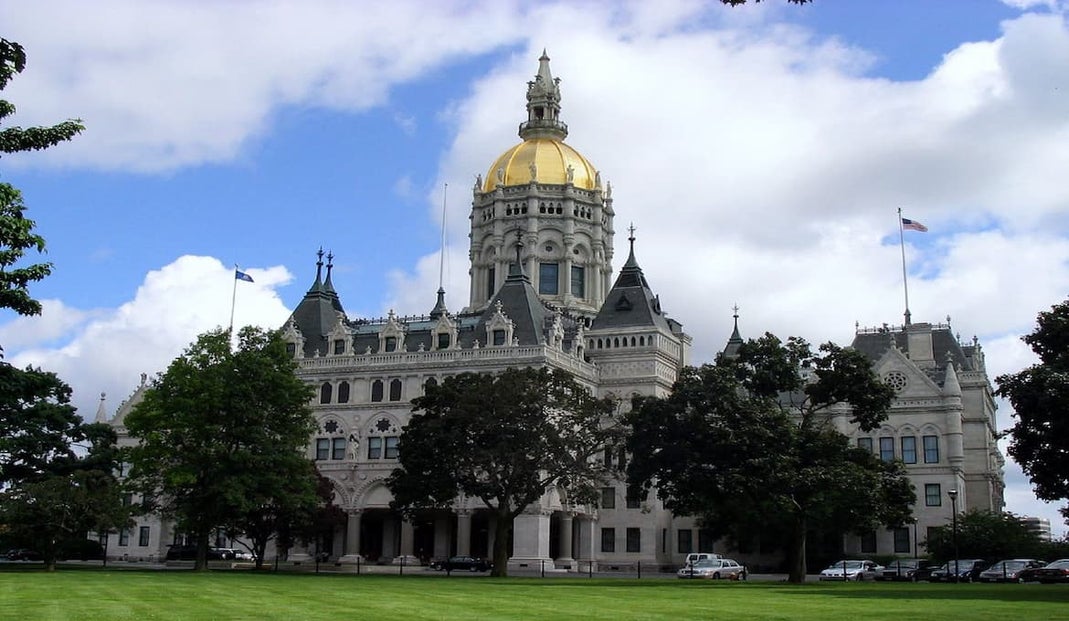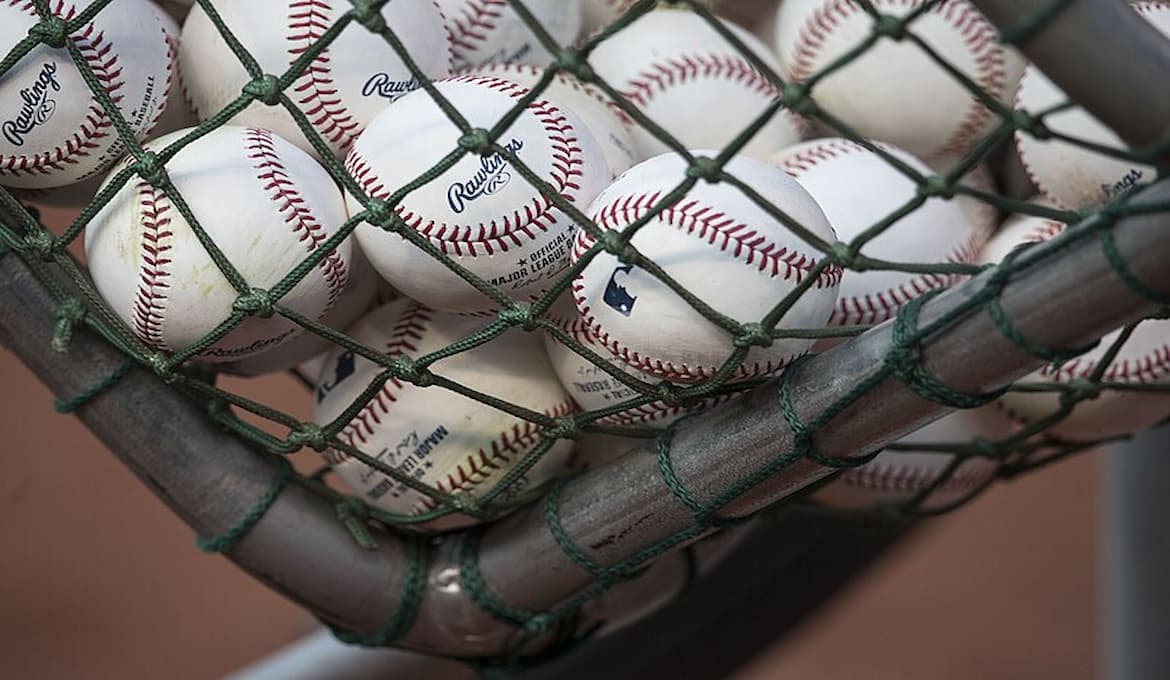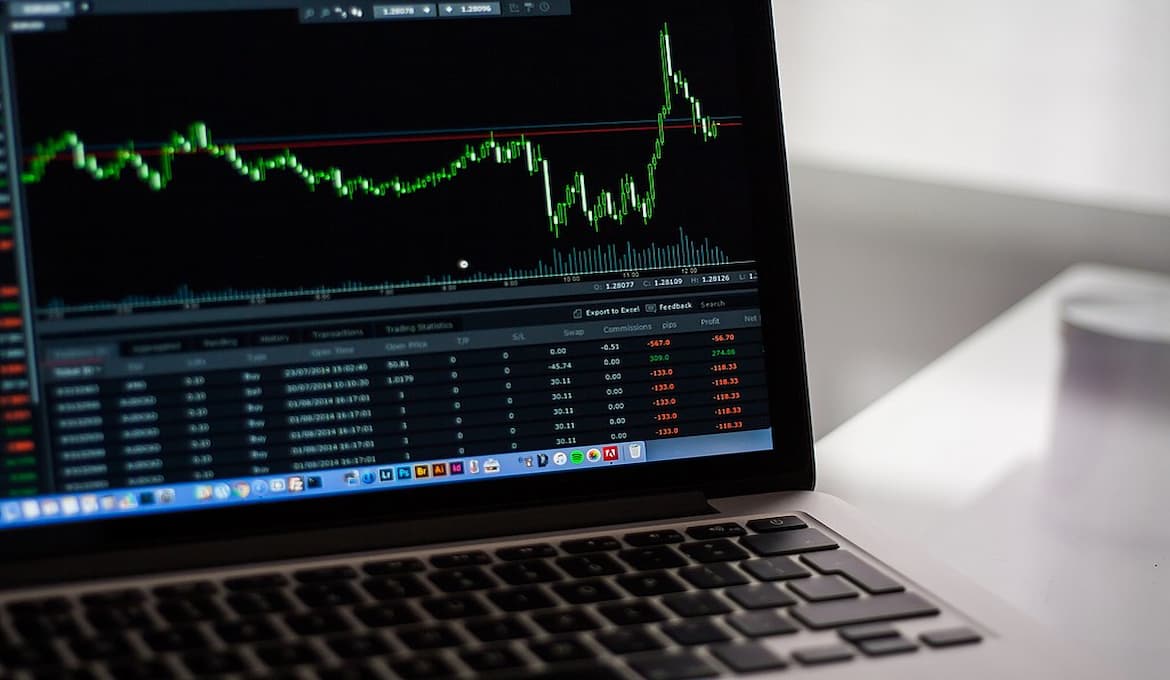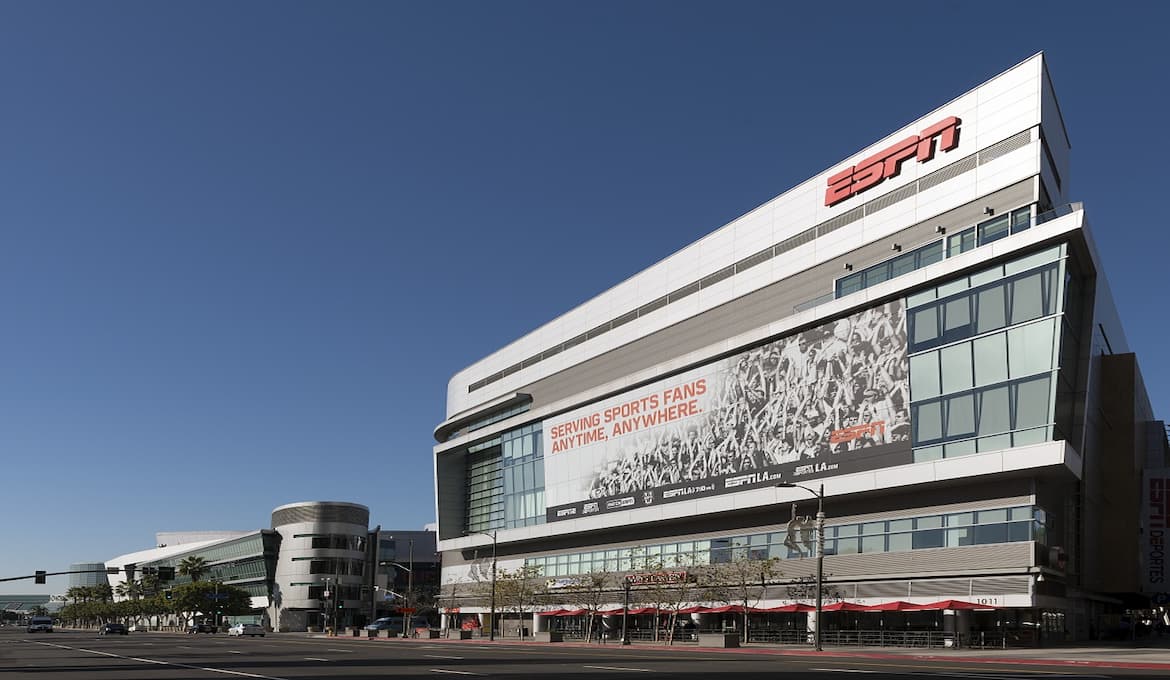Detecting and Proving NCAA Scandals is Difficult
NCAA President Charlie Baker has been vocal about the damage being done to college sports due to sports betting. He has pushed to end college player prop betting and has called for states to review their rules around the industry.
Earlier this summer, prosecutors announced a sports betting investigation into 13 men’s basketball players from major programs. All of the details aren’t available, but we know they all involve players illegally placing wagers. Data from sportsbooks helped detect illegal activity, prompting investigations that led to at least two athletes receiving lifetime bans.
There was some hope that the geolocation tools used by sportsbooks could help detect bets placed in or around athletic facilities. However, courts affirmed that a warrant would be needed to use any geolocation data when prosecuting violators. This took away a tool the NCAA and states were relying on, and left them without a solid plan to replace it.
Proposal Meant to Protect Athletes
There is no question that allowing athletes to bet on pro sports brings significant risks. The biggest concern is that young college athletes will overspend and run into financial difficulties. Unlike their peers, these athletes will have the ability to win their money back by fixing bets. This not only affects the integrity of college sports but can also set a young person on a dark and dangerous path.
Those dangers led to public outcry after the NCAA committee approved the pro-sports betting proposal. However, the committee believed that the ban may be doing more harm than good. With the temptation to bet on sports continuing to grow, reversing the ban would allow athletes a safe and legal way to partake.
While some athletes attempt to bet on regulated online sportsbooks illegally, many others look for offshore or illegal bookmakers to avoid detection. While these options can help evade detection, the lack of laws means they don’t have to offer fair play or even pay out winning bets.
What About Prediction Markets?
Sports betting has posed a massive challenge for the NCAA, but now it seems prediction markets could exacerbate the situation. Since these controversial markets are not considered to be a form of gambling by US law, operators like Kalshi are now offering player props, which are prime candidates for spot-fixing.
There are also questions about what criminal charges would be used for college players or coaches caught fixing bets placed on a prediction market. As of now, the only precedent is insider trading, which carries severe and life-altering penalties. While these platforms primarily focus on pro sports, they also cover March Madness and some college football markets.


